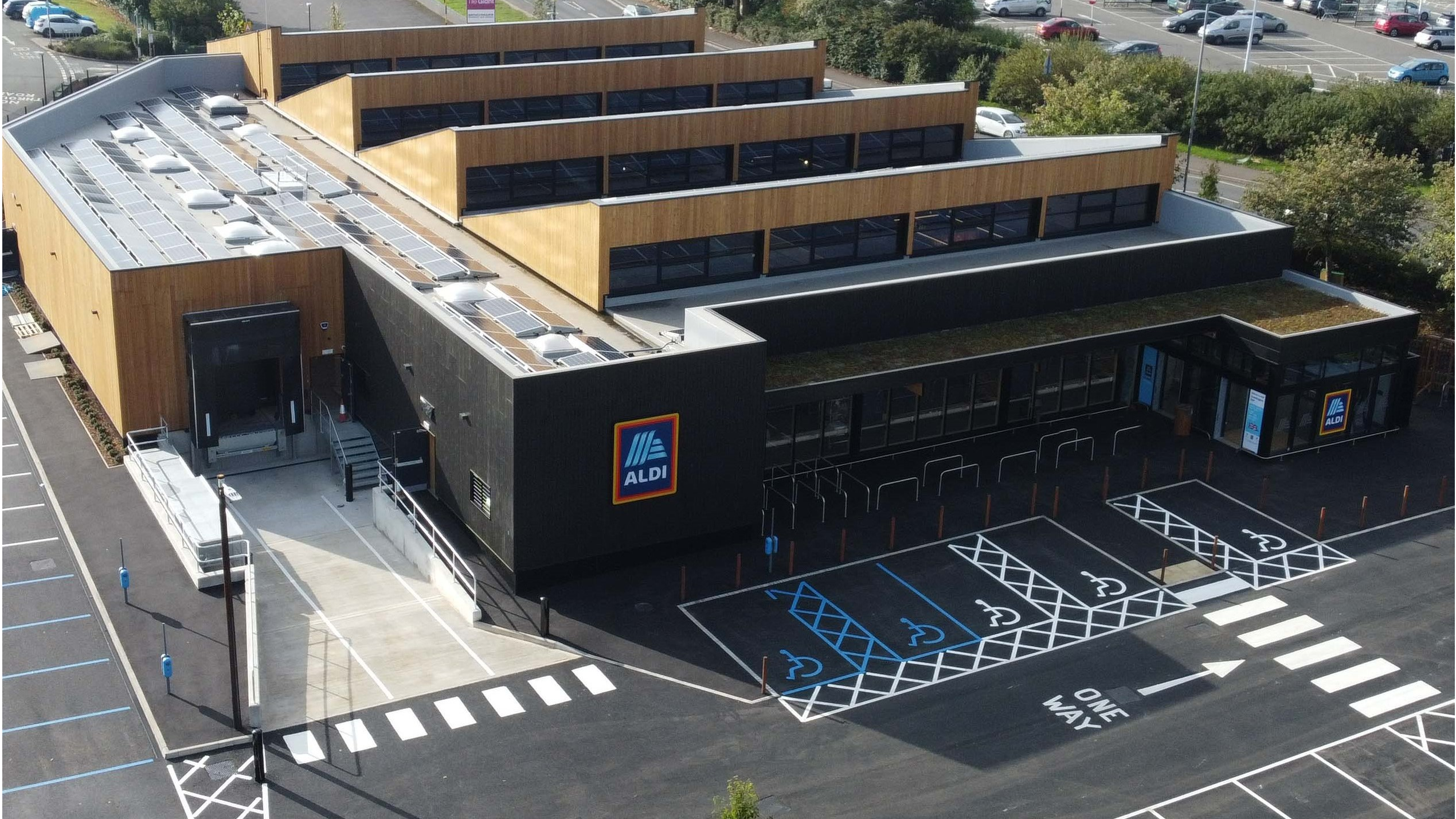The Department for Environmental, Food and Rural Affairs (DEFRA) has delayed the launch of its Deposit Return Scheme (DRS) for drinks containers until October 2027.
The move comes after a review found that additional time was necessary to "efficiently and effectively" roll out the scheme across the UK.
The initiative, previously due to go live in October next year, involves adding a redeemable deposit on single-use drinks containers which is refunded upon return of the empty container.
The British Retail Consortium (BRC) welcomed the delay, saying that retailers will need at least 24 months to implement a multi-billion pound DRS scheme.
Andrew Opie, director of food and sustainability at the trade association called on the government to engage closely with the retail industry to make sure all the details are "fully ironed out" ahead of the 2027 start date.
While the DRS is a well-established international model, with nearly 60 schemes due to be in operation by the end of 2024, there are some concerns relating to the scope of materials set to come under the UK scheme.
The Department of Agriculture, Environment and Rural Affairs in Northern Ireland and the UK government agree that polyethylene terephthalate (PET) plastic bottles, steel, and aluminium cans will be included in the DRS, while glass drink containers will be excluded when the scheme launches. The Scottish government has also agreed to commence DRS in Scotland on this same basis to ensure the schemes move forward.
However in Wales, the government has said it intends to include glass when its scheme launches.
“It remains my view that including glass in any UK DRS will create undue complexity for the drinks industry and it increases storage and handling costs for retailers,” said Robbie Moore, parliamentary undersecretary of state and minister for water and rural growth. “Glass containers are heavy and fragile, making them more difficult for consumers to return and receive the deposit they have paid, potentially forcing up the cost of their shopping.”
He went on to say that glass is littered less, with 2020 data from environmental charity Keep Britain Tidy finding that 55 per cent of litter was from PET plastic and metal drinks containers, compared to just four per cent from glass drinks containers.
Moore said that if the Welsh government’s position does not change, the department will “reiterate the duty to protect the UK internal market and facilitate free trade within the UK so businesses can continue trading unhindered across the UK and ensure better prices and choice for consumers”.
“We are disappointed by the decision by Welsh Government to keep glass in the scheme, adding significant costs and putting it at odds with the systems in England, Scotland and Northern Ireland," said BRC's Andrew Opie. "It is vital that the DRS scheme is aligned as far as possible across the UK to keep business costs down and maximise the benefit for consumers, while allowing clear messaging across the whole of the UK about how the scheme will function.”
Latest News
-
Modella plans restructuring of TG Jones estate
-
Pepco Group launches app in Poland
-
Topshop holds ‘world’s first’ AI-driven shoppable fashion show
-
Locker firm warns failed deliveries are draining UK shoppers’ time and wellbeing
-
Ocado to cut 1,000 jobs in £150m overhaul
-
Asda to rebrand 10 Asda Living stores into George
Beyond Channels: Redefining retail with Unified Commerce
This Retail Systems fireside chat with Nikki Baird, Vice President, Strategy & Product at Aptos will explore how unified commerce strategies enable retailers to tear down these barriers and unlock new levels of operational agility and customer satisfaction.
The future of self-checkout: Building a system that works for consumers and retailers
In this webinar, industry leaders discussed what the future of self-checkout looks like and how retailers can make the technology work for everyone.
© 2024 Perspective Publishing Privacy & Cookies


.jpg)








Recent Stories